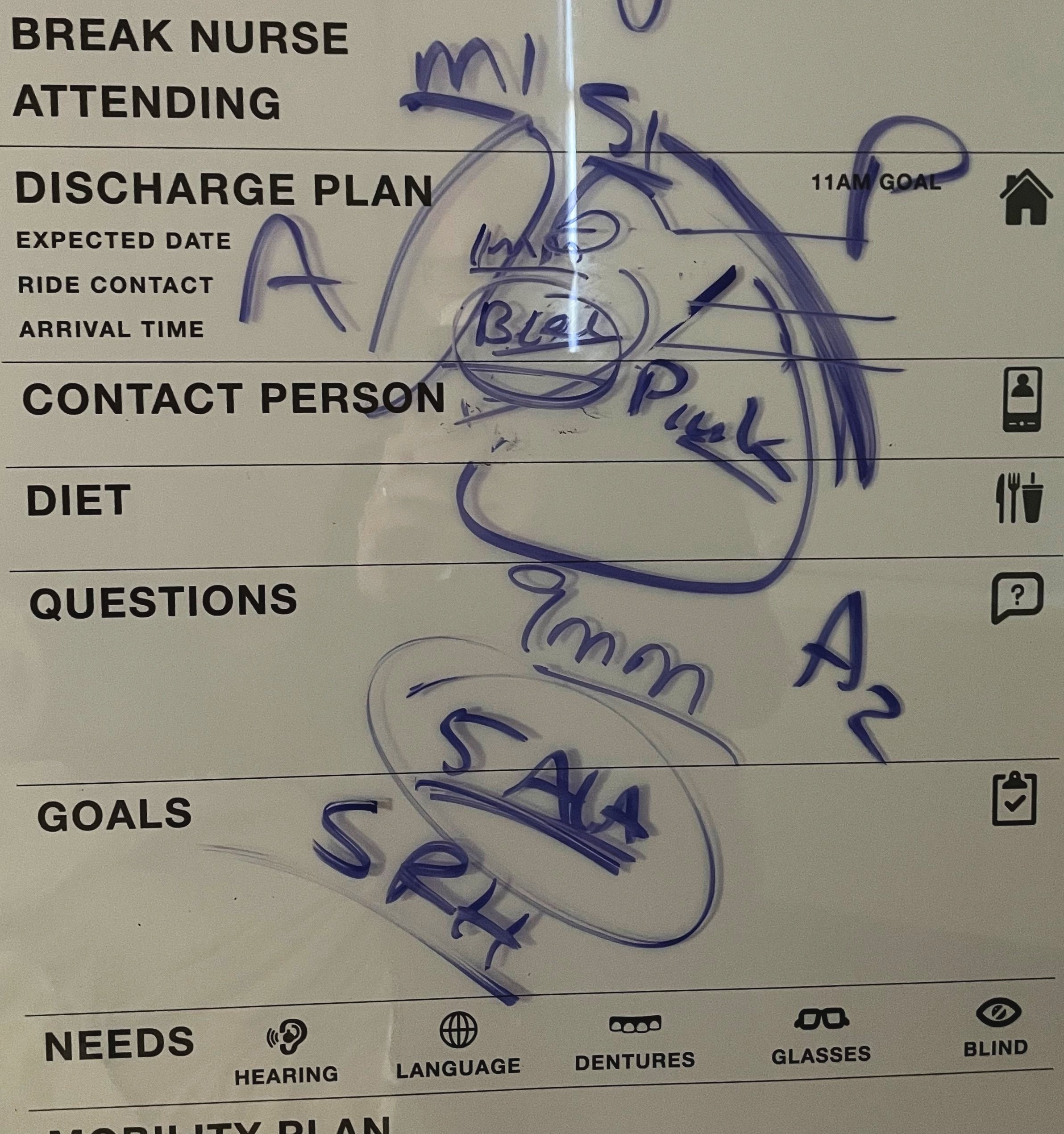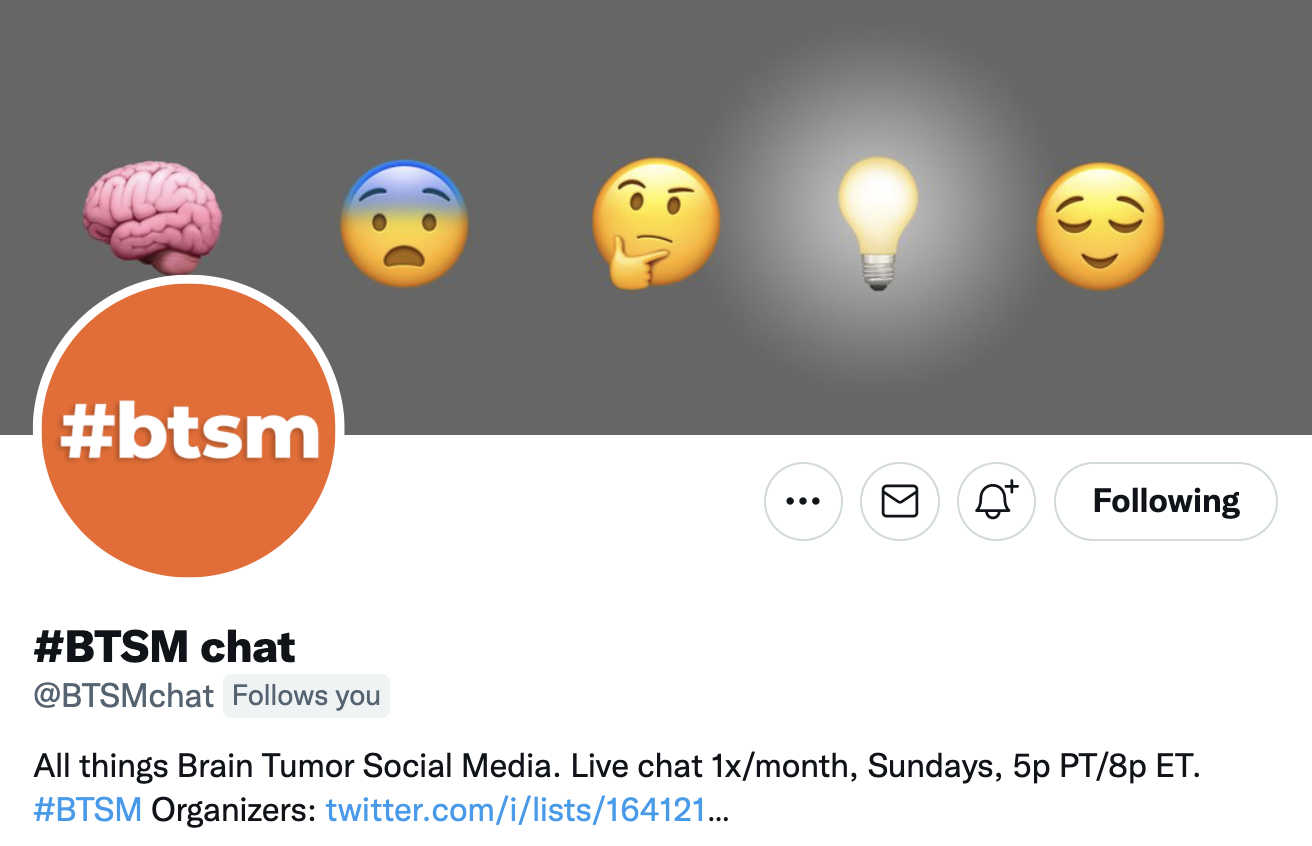
Patient & Researcher Blog
Here I aim to capture what I am learning as a newbie researcher from a patient perspective.
Living with a slow growing brain cancer
It is taboo for researchers to talk about their work before it is published.
I think that’s a bummer.
My favorite part about research is learning new things in real time. Here I share my observations as a learner and my n of 1 (personal) findings as a patient.
Note: I started blogging about brain cancer in 2008, at age 29.
I had no background or knowledge about healthcare when I began. Please excuse typos and other misconceptions. What you read here is me in real time, like a time capsule.
There are more than 500 posts here. Use this search to look for something specific. Good luck!
Braces and brain scans: straightening your teeth with brain cancer
Us MRI Elite are told to complete a form asking about all metallic objects that may be hidden in and around our body before we have each scan. There are about 30 standard questions, including: Do you wear a pacemaker? Do you have a shunt? Do you have any metal plates or screws in your body? Do you have any metal fragments in your eyes? Have you ever worked with metal objects? Have you ever attended a Slayer concert? (Not really, but imagine that!)
Neuropsychological testing
Neuropsychological testing can help doctors find out how damage to your brain may be affecting your ability to reason, concentrate, solve problems, or remember. A doctor may suggest this type of testing if you have a disease that can damage the brain, such as Alzheimer's, multiple sclerosis, dementia, Parkinson's or a brain tumor.
Local news article: Operation life
I was featured in a local paper here in my area. The article is about this blog and some of the advocacy work I do.
Holy shit: nearly five years since first seizure, happy birthday to me
I never want to be a woman who hides her age. Every year I am older is another year I am alive. I am living with this disease.
Eric Arons
I don't know why he popped up in my mind this week, but he did. I checked out his Facebook page and noticed all the recent posts were of friends posting well-wishes on his page. He wasn't writing anything. Photos appeared of him with friends... except instead of him playing disc golf, he was in a wheelchair.
Dave gets Goliath: brain cancer treatment at Duke University
(We also got sandwiches together along with a number of other brain tumor patients, got lost in the city, made jokes about a whole bunch of people with brain cancer getting lost in the city, and, well... you had to have been there.)
Redefining the support group: my TEDx talk
Liz Salmi, a patient advocate, talks about her decision to be open and share what it is like to live and blog about living with brain cancer in 2013.
How to participate in the #BTSM tweet chat
#BTSM is a patient-run, Twitter community and is not owned by any organization, nonprofit or otherwise. We are for patients and care partners, by patients and care partners. Use the #BTSM hashtag anytime, and join us for a live Twitter chat on the first Sunday of each month.
Top 10 reasons I am a brain tumor advocate
This week I joined with hundreds of my fellow brain tumor advocates from around the country in Washington, DC, to attend the annual “Head to the Hill” lobby day organized by the National Brain Tumor Society. This is the second year in a row I've traveled to our nation’s capital to educate our members of Congress on critical issues currently facing the brain tumor community.








